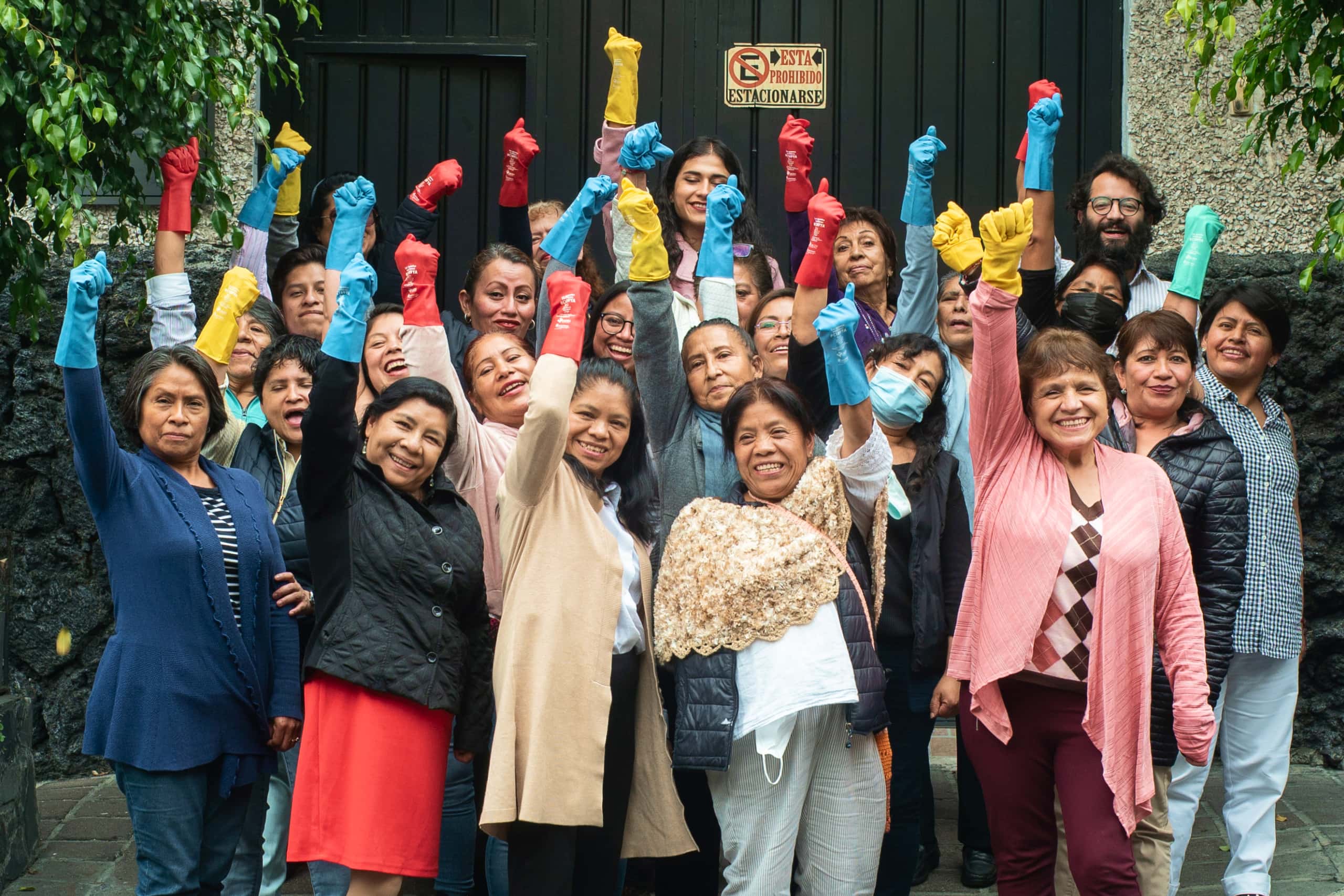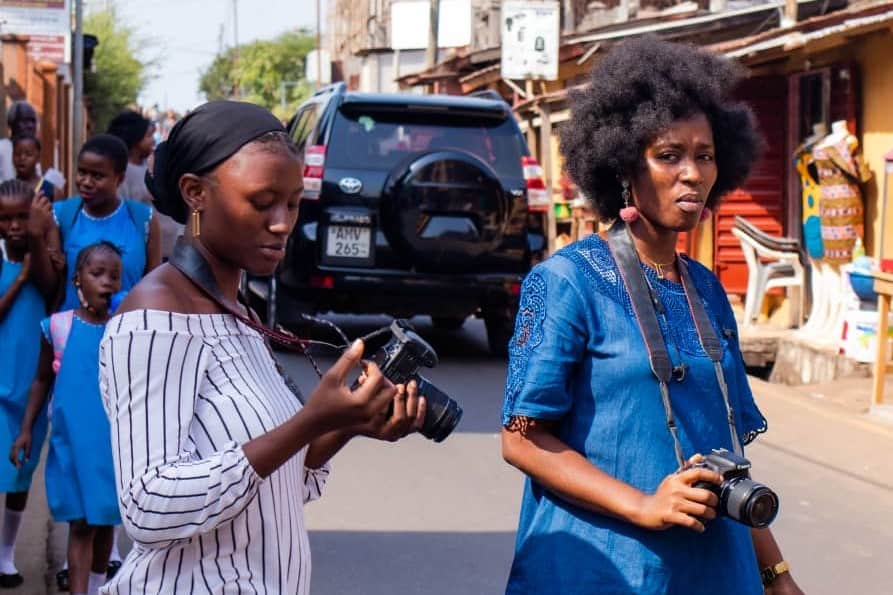This article was published more than 4 years ago.
To curb climate change and avert an existential catastrophe, we must support Indigenous activists.
Indigenous peoples continue to struggle to secure legal ownership of the land where they have lived for generations, leaving them vulnerable to exploitation and often exacerbating endemic poverty. Securing or protecting Indigenous land rights is a critical issue for the human rights movement. It’s also an exceptionally effective tactic to slow the rate of climate change: a recent UN report found that deforestation of Indigenous communities’ territories in the Peruvian Amazon was half that of other protected areas.
While the Fund supports Indigenous community activists in every region where we operate, this work is particularly effective—and especially dangerous—in Latin America. Just last year, 247 activists in the region were murdered. Most of these activists focused on the environment or Indigenous people’s rights. Countless more faced harassment, unjust arrest, or cyber threats.
Yet Indigenous activists persevere in shifting power back to their communities. Their cultures, livelihoods, and our environment depend upon them. This Earth Day, we’re spotlighting three groups in Latin America who, with the Fund’s support, are promoting Indigenous people’s rights and protecting courageous activists on the front lines.
Guatemala
COPAE
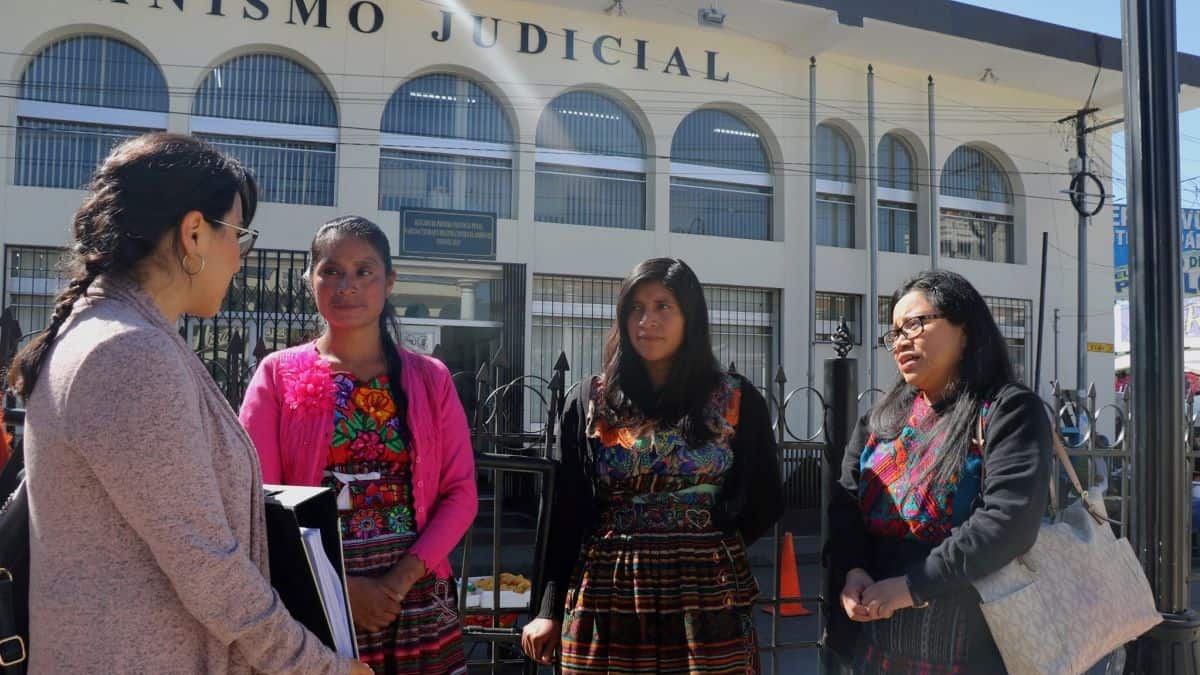
In southwestern Guatemala, the Comisión Paz y Ecología (Peace and Ecology Commission, or COPAE) is helping Indigenous peoples push back against the exploitation of their land by mining companies. The mountainous region they call home is rich in minerals, particularly gold. But Indigenous communities are rarely consulted before mining projects begin. They receive no benefits and are forced to live with environmental impacts. When community members resist, corporate security and local police have been known to use intimidation tactics or arrest peaceful protesters.
The Fund’s support allows COPAE to provide free legal aid to Indigenous communities that have few resources to push back against multinational mining corporations. COPAE also trains Guatemala’s public defenders to better protect Indigenous culture and land rights. In 2016, Guatemala’s highest court upheld six rulings in COPAE’s favor and ordered the suspension of mining projects launched without free, prior, and informed consent from local communities.
Honduras
MASSVIDA
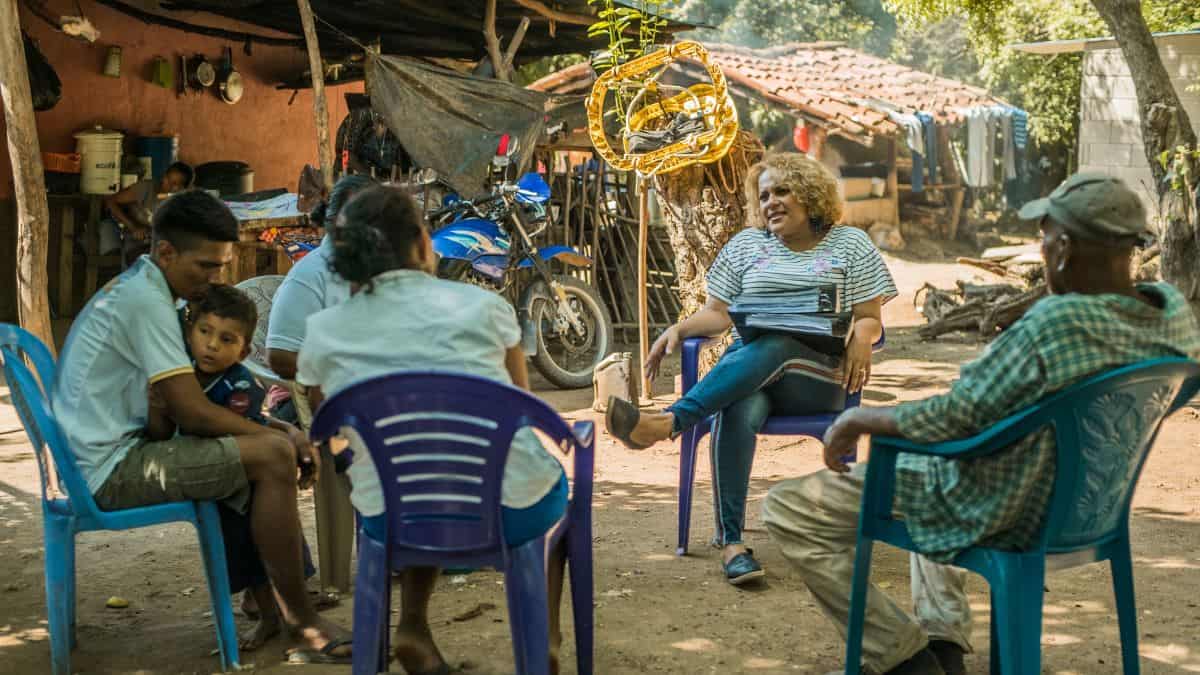
In southern Honduras, the volunteers of Movimiento Ambientalista Social del Sur por la Vida (MASSVIDA) work tirelessly to defend Indigenous and rural communities whose land is being threatened by overdevelopment. Their dual focus is on providing legal support to community members who face charges for defending their land along with exposing the endemic corruption that results in illegal land concessions that circumvent consent from local farmers and villages.
The Fund’s support allows MASSVIDA to tackle as many as 200 cases at one time. It also helps keep them safe. The group is part of a multiyear Fund initiative to innovate protection strategies for indigenous and land rights activists in Latin America. A cohort of groups in Guatemala and Honduras are collaborating around digital security, legal action, the use of mobile apps, and psychosocial support to counter threats to their lives and work.
Mexico
Otros Mundos
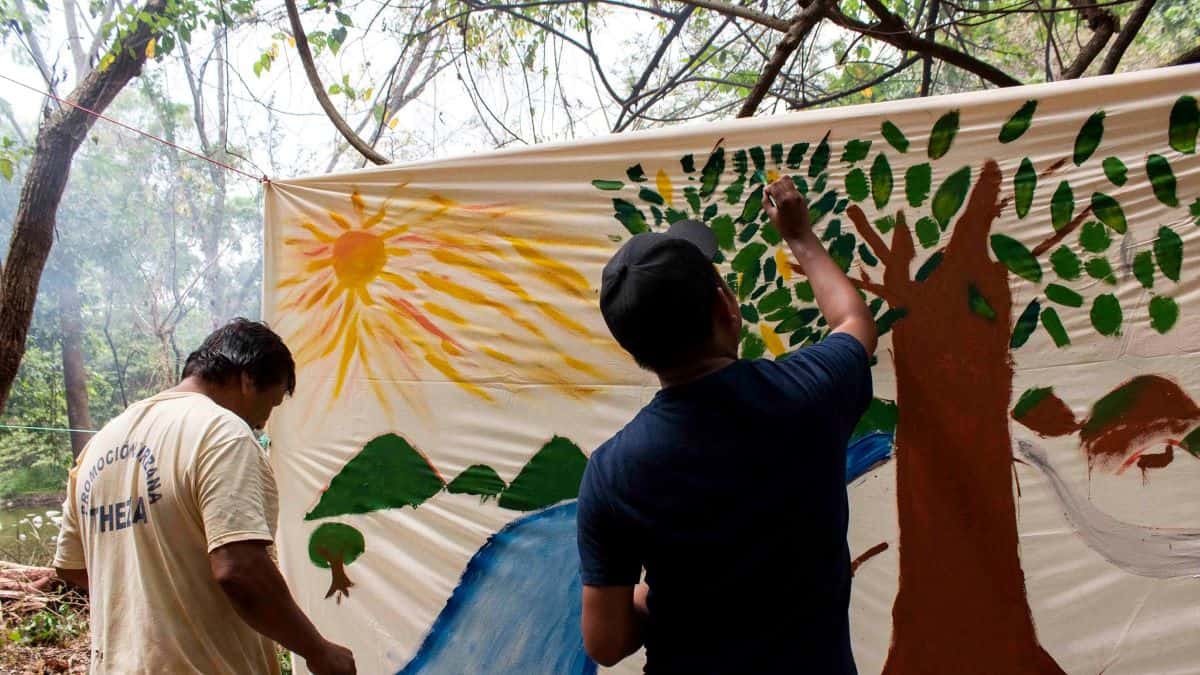
Poverty is a key factor that enables powerful companies and authorities to exploit Indigenous peoples and their land. In Chiapas, Mexico, the Fund-supported Otros Mundos works hand in hand with rural communities to create sustainable solutions for residents facing obtrusive development projects such as dams, mines, or palm oil plantations. They mentor and train communities to create development plans that boost their local economy while protecting their health and natural resources. They also work with urban communities to advocate for a healthy environment and secure access to food.
The holistic view of Otros Mundos reflects the Fund’s approach to investing in community activists’ work over the long term to secure lasting change. By tackling the social, economic, and environmental needs of the region’s peoples, including Indigenous communities, they are demonstrating how locally rooted activists can drive both human rights and climate justice.
